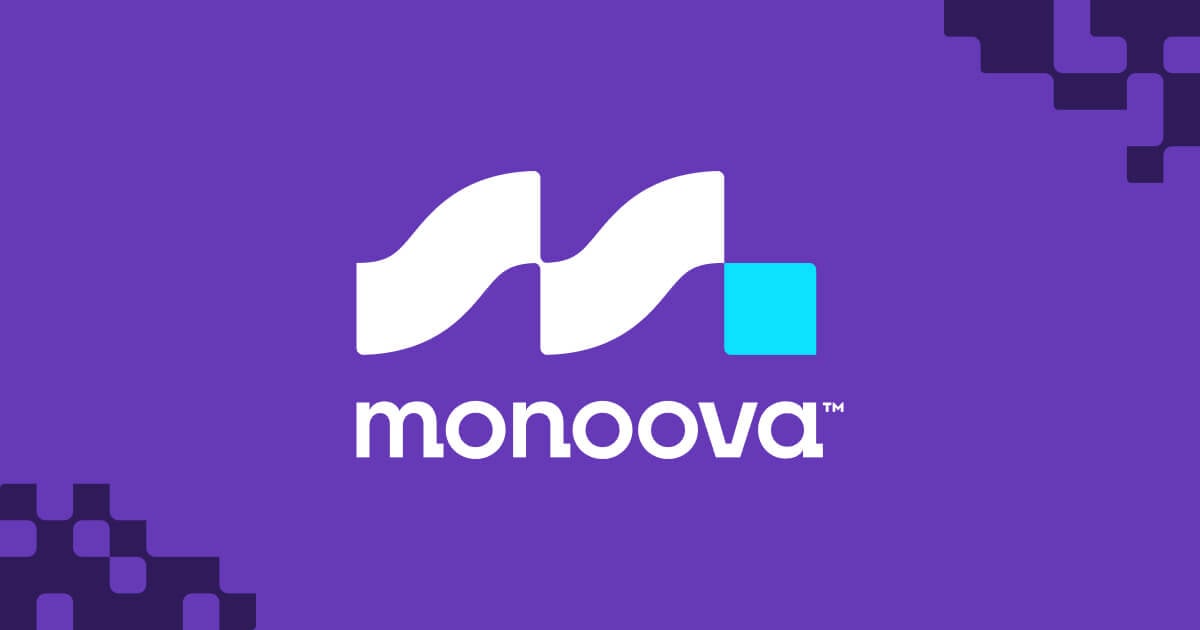According to Deloitte, the Reserve Bank of Australia (RBA) has faced less-than-ideal inflation figures in recent months against the backdrop of weak economic growth. This has created a pivotal period for the Australian economy and its policymakers, particularly between late July and early September 2024.
Key moments during this timeframe include the release of June quarter inflation data in late July, June quarter economic growth figures in early September, and the crucial August meeting of the Reserve Bank Board, along with the July labour force release. These data points will significantly influence the direction of the country’s economic policy.
In such uncertain times, businesses – especially startups – must remain adaptable and resilient. Startups face numerous challenges that can affect their brand image, from economic downturns and global crises to market fluctuations.
Building and maintaining a strong, positive public perception is essential for long-term survival and growth, and public relations plays a key role in this effort. Effective PR strategies can help startups navigate these uncertainties, strengthen their brand resilience, and maintain public trust amidst turbulence.
Here are some PR tactics to help startups manage uncertainty and foster a resilient brand.
1. Proactive Communication
In periods of uncertainty, proactive communication is vital for startups to maintain trust and transparency. Regular updates to stakeholders, customers, and employees about changes in operations, products, or services are essential. Utilizing multiple channels—such as press releases, social media, and newsletters—ensures that your message reaches a wide audience.
A great example is Canva’s swift response during the COVID-19 pandemic. Early in 2020, they clearly communicated their shift to remote work, outlining its impact on their services and offering resources to help users adapt. This approach helped maintain strong relationships and confidence among their stakeholders.
As the world began to recover, Canva continued to communicate openly about its flexible work options, emphasising transparency and the value of keeping stakeholders informed at every stage. Their ability to provide clear, consistent updates reinforced the importance of communication in navigating crises, ensuring that both internal and external audiences remained engaged and informed.
2. Emphasising Values and Mission
Startups should leverage their core values and mission to connect with their audience during crises. By reinforcing what your brand stands for, you can foster loyalty and empathy among customers. Share stories that resonate with your target audience and highlight how your company is making a difference in the community.
Who Gives A Crap, an Australian toilet paper company exemplified this tactic by emphasising their commitment to sustainability and social impact during the pandemic. They communicated their mission of providing sanitation solutions to those in need, which reinforced their brand identity and garnered customer support.
3. Building Community Engagement
Fostering a sense of community can help startups cultivate brand resilience. Engage with your audience through social media, forums, or virtual events to create a dialogue and strengthen relationships. This connection builds brand loyalty and also provides valuable insights into customer concerns and preferences.
4. Crisis Management Plan
Developing a robust crisis management plan is essential for startups. This plan should outline potential risks, communication strategies, and designated spokespeople. By having a clear plan in place, startups can respond swiftly and effectively to any situation, minimising reputational damage.
5. Leveraging Media Relations
Cultivating relationships with journalists and media outlets can provide startups with valuable exposure, especially during challenging times. By sharing compelling stories and insights, you can position your startup as a thought leader in your industry. This proactive approach can help maintain a positive public image and attract new customers.
6. Monitoring Public Sentiment
Utilise social listening tools to monitor public sentiment around your brand. Understanding how your audience perceives your business can help you adjust your messaging and strategies accordingly. Responding to feedback—both positive and negative—shows that you value your customers’ opinions and are committed to improvement.
Conclusion
Building a resilient brand during periods of uncertainty requires a strategic approach to PR. By implementing these tactics, startups can navigate challenges effectively and maintain a positive public image. If you’re looking for guidance on how to enhance your startup’s PR strategy and build brand resilience, reach out to us at Third Hemisphere. We’re here to help you thrive in uncertain times.










